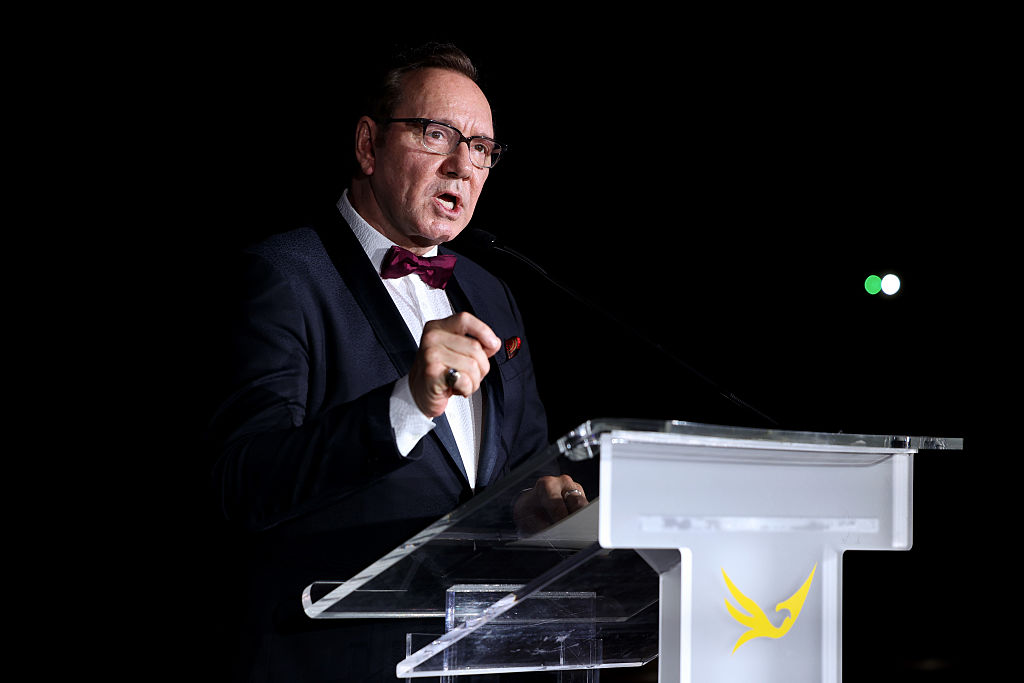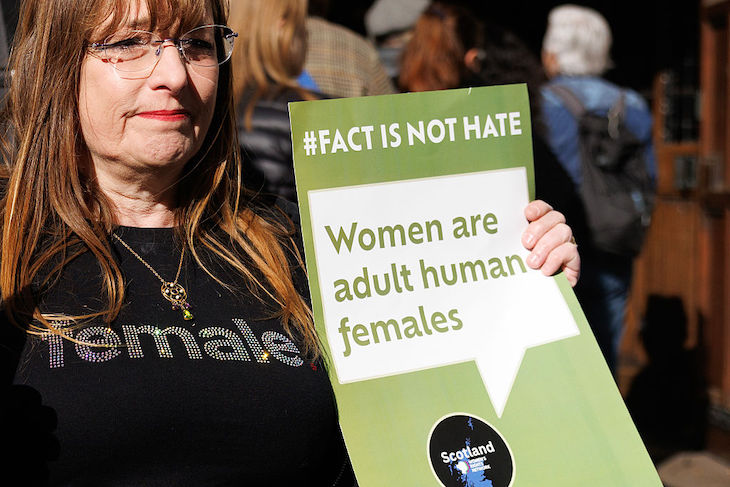Do you ever wish that your young children would stop asking you questions, constantly touching your body and being needy for your love and attention? That’s called being “touched out,” a new-age expression for the Extremely Online mother who can’t seem to reconcile with the idea that her life is going to be different after she has children. It’s also the title of Amanda Montei’s memoir-cum-cultural criticism on how modern motherhood in America is indistinguishable from the pervasive rape culture that permeates every aspect of a woman’s life in the country, including marriage, the workplace and yes, parenthood.
Montei’s revelations about motherhood came to her after #MeToo took off. One evening, as she was feeling “touched out” — because her toddler wanted to play and read books on her lap — she disassociated from her body by thinking about unsatisfying sexual encounters she had with various men in her twenties. She saw the “demands of modern motherhood as inseparable from the broader violence against women in the US,” with breastfeeding being a particularly “triggering” activity that reminded her of all the ways “men had used and scrutinized her body” throughout her life.
I’ll pause here for a moment so you can reflect on everything you’ve just read.
Montei’s book is a window into how women on the left have come to pathologize motherhood, driven in no small part by the desire to appeal to one of the largest and fastest growing demographics in America: childless women. This trend of describing the everyday challenges of motherhood in therapy speak is the result of more and more liberal women being diagnosed with mental health issues and seeking psychological help to make sense of their lives. Liberal women aren’t having kids and they’re miserable, and those who do decide to become mothers need to make sure their childless peers don’t feel too bad about being left in the dust.
Another book trying to “demystify” motherhood under the guise of radical honesty is Mom Rage — also a term borne out of the psychobabble of internet mom speak — about the “rage that festers beneath the shame” of being a “bad mom.” The book’s thesis was so poorly argued, even the flagship publication of bleeding-heart liberals — the New Yorker — couldn’t give it the kind of glowing review the author, Minna Dubin, was gunning for. Indeed, one of the most glaring issues with Dubin’s book is how specific the experience of having “mom rage” is to her. She claims her son suffers from “sensory-processing disorder, fine and gross motor delays, food rigidity and autism-spectrum disorder,” and how his unwillingness to cooperate with her demands around food, potty-training and crossing the street thrust her into a blinding fury that often sees her engage in physical violence towards him. This level of candor is used to showcase her family’s private moments of hardship so voyeuristic, childless women can pat themselves on the back for choosing against the hellscape that is motherhood. Motivations and ethics be damned when your book is being reviewed in the most prestigious journal in America by none other than celebrity literary critic Merve Emre.
These books are not for the vast majority of mothers out there. They’re written for the primary purpose of making sure their authors are not sidelined in the progressive circles they inhabit. They want to stay relevant, be part of the conversation about “inequities in parenting” and the “gendered misogyny” of motherhood, even if it means throwing their kids under the bus for clout with their liberal peers in influential circles who want to do away with the nuclear family. God forbid they have to settle for moving to the suburbs into a four-bedroom house with their two mid-size SUVs and live happily with their husband, 2.1 kids and dog. The horror!
One of the unsaid tenets of modern feminism is the rejection of all old-world traditions, marriage and parenthood included. Under the guise of “choice,” radical feminists are silently judging anyone who claims to be for the cause, but behaves in a way that casts doubt on their loyalty to capital-F Feminism. This includes engaging in behaviors associated with the conservative camp of existence: giving importance to family values and living in line with traditional gender roles without railing against the omnipresent boogeyman of “capitalist patriarchy.” A real Feminist aspires to a life of hedonistic spinsterhood, and if you want the privilege of using the label, you have to self-flagellate for deviating from that path, which is exactly what Montei and Dubin are doing.
Under the pretense of being profound and “speaking their truth,” these women are swimming in an ocean of resentment aimed at their children (and to a lesser extent, their feminist husbands) for not “having it all” as they believed they would. Montei claims she breastfed her daughter for so long, she lost friends along the way and had to give up a “promising academic career” and turn to running her own daycare because she couldn’t afford the high cost of childcare. Insights that “get real about parenting” allow her to keep her Feminist card because she says she’s suffered, and based on all the coverage her book is getting from the liberal press, she has been absolved for stabbing Feminism in the back.
Touched Out and Mom Rage are to motherhood what Robin DiAngelo’s White Fragility is to race relations. Status-seeking, white women who don’t want to be seen as “Karens” or be told they’re upholding “white supremacy” have found a way to lump themselves in with the “oppressed” by way of problematizing motherhood. They’ve learned from the Lena Dunham school of “how to be a good liberal” by saying outlandish things like wishing they had gotten an abortion.
The age of motherhood is dead; long live Motherhood.

























